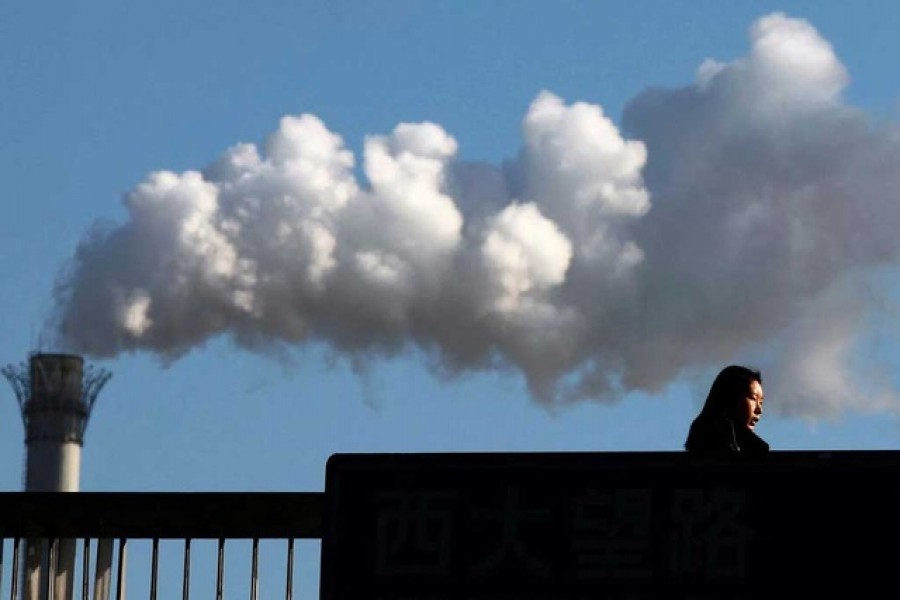China's government said it will expand its range of financial tools and make greater use of fiscal and taxation policies to support the shift towards carbon neutrality, Reuters reports.
China aims to create a basic financial policy framework by 2030 to support green and low-carbon development, and will also aim to give more play to market mechanisms like carbon and pollution discharge trading, according to policy recommendations from the Ministry of Finance published late on Monday.
The world's biggest producer of climate warming greenhouse gas has pledged to bring its emissions to a peak before 2030 and to become fully carbon neutral by around 2060.
It has already vowed to start cutting coal consumption from 2026 and bring wind and nearly double solar power capacity to 1,200 gigawatts by the end of the decade.
The new guidelines are aimed at creating "a fiscal and taxation policy system that promotes the efficient use of resources and green, low-carbon development," the ministry quoted an unnamed official as saying.
The ministry also aims to build an "incentive and restraint mechanism" to encourage green and low-carbon practices among local governments, the official said.
According to the recommendations, the tax system will be adjusted to include more preferential policies encouraging energy and water conservation as well as carbon emission cuts. Import tariffs should also be adjusted to meet low-carbon development requirements, it said.
As well as focusing on key sectors such as energy storage and the shift to renewables, new financial tools will also be developed to help transform the transportation sector and promote new energy vehicles, and encourage recycling and the comprehensive use of resources.
The ministry also said more financial policy support would be given to the construction of carbon sinks, the protection of forests and grasslands, as well as climate change adaptation.


